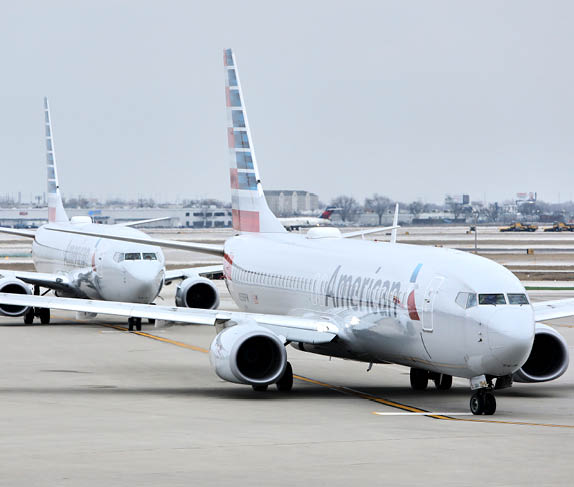Republican Stephen Fincher has released a draft proposal of legislation that will reauthorize the Export-Import Bank for another five-years.
Fincher's proposal could serve as the foundation for a longer-term Ex-Im reauthorization package following a short-term reauthorization that is attached to a government funding measure known as the Continuing Resolution (CR).
The Ex-Im bank will shut down on September 30th if the US Congress doesn't extend its reauthorization. Fincher's move signals that Republicans may give their backing to a five-year reauthorization bill.
Fincher, a member of the House Financial Services Committee, initially voted against Ex-Im reauthorization in 2012 and is now at the forefront among House Republicans urging Ex-Im reauthorization.
Fincher's spokeswoman Elizabeth Lauten said that Fincher opposed reauthorization in 2012 because it lacked reforms.
"However, this time he didn't feel in good conscience that he could vote against the bank this time without trying to make it better," Lauten said. "He's for it because in this economy it's all about jobs."
Fincher's legislation would reverse Ex-Im guidelines that prevent financing for overseas power plants that decline to adopt greener technology, according to the proposal. Such a policy is championed by the coal industry and opposed by green groups.
Additional reforms would limit the bank's president to serving two, four-year terms. It would also increase financial disclosures among the bank's employees and contractors, similar to lobbying disclosures, according to the proposal.
Lauten said that Fincher is distributing the draft to Republican members with the hopes of garnering support for a bill, but there is no set timeline on when a bill will be introduced.
“Tea Partiers” oppose the bank's reauthorization on the basis that it represents corporate welfare. Most centrist Republicans and Democrats argue that Ex-Im financing helps sustain US manufacturing jobs.
Delta Airlines has called for reforms to Ex-Im financing, arguing that the bank gives an unfair advantage to its foreign competitors because of its financing to Boeing.

